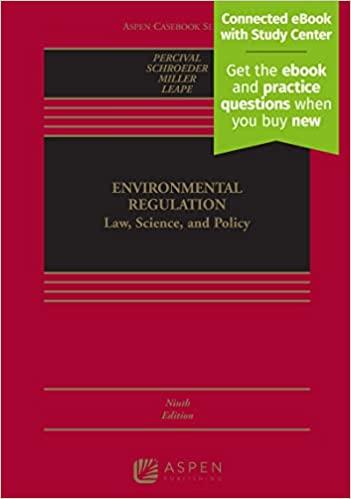Question
Business case study. The cost of hold in gapa per cone in stock for one year is 2 paise and set up cost of production
Business case study.
The cost of hold in gapa per cone in stock for one year is 2 paise and set up cost of production runis Rs.18.Working days of the factory are 300 in a year.If her unsafactory for all 365 days of the year,what would be your comment?
Mr. A built a department store in Kolkata at the request of Mr. B, a civic art or a science. Mr. C decides to make a one-time payment of Rs. 250000. Mr. A has approved Mr. C's offer. Legitimize your answers to those questions about the negotiation.Business case study. Please answer all the questions. A contractor has' to supply 10,000 paper cones per day to a Textile unit.He finds that,whenhestartsaproductionrun,hecanproduce25000paperconesperday.
Question 1.
I want to ask something about cerebrovascular accident (CVA). Can you please tell me how we can rapidly pinpoint the exact anatomical site of the neurological deficit using physical findings in the emergency room?
Question 2.
Why do you treat dissection of the carotid artery with an anticoagulant in the acute management of stroke secondary to dissection? To me this seems paradoxical as it would increase the severity of dissection.
Question 3.
Last week, in a neurology viva, I was asked about the indications for heparinization in patients with a stroke. I want to know when I can stop heparin and what test I should use for assessing its therapeutic range.
Question 4.
Has heparin a role in the management of acute ischaemic stroke not accompanied by atrial fibrillation?
Question 5.
1. In the treatment of a stroke, does low-molecular-weight heparin (LMWH) have an advantage over heparin?
2. In an ischaemic stroke in evolution, for how long should heparin be administered?
Question 6.
Can streptokinase be used in acute cerebral infarction and, if so, what is the dose?
Question 7.
There seems now to be a consensus about starting aspirin therapy in acute ischaemic strokes as early as possible. Why has this changed frompast recommendations to avoid aspirin early (during the first 48 hours) during the ischaemic stroke on the pretext that it could convert an ischaemic infarct into a haemorrhagic one, thus increasing the dangers of complications like cerebral oedema and raised intracranial pressure? If both opinions are based on clinical trials, what is the significance of the much hyped 'evidence-based medicine'?
Question 8.
I understand that a loading dose of clopidogrel 600-900 mg can be given to ischaemic stroke in evolution and can stop the evolving deficit. Would you agree?
Question 9.
Is there any rationale for giving patients with recurrent strokes a combination of aspirin and anticoagulant?
Question 10.
1. Does a dipyridamol-aspirin combination have any superiority over aspirin alone in the secondary prevention of a stroke?
2. Is an aspirin plus anticoagulant combination superior to a dipyridamol aspirin combination in the treatment of recurrent ischaemic stroke not controlled by aspirin alone?
Step by Step Solution
There are 3 Steps involved in it
Step: 1

Get Instant Access to Expert-Tailored Solutions
See step-by-step solutions with expert insights and AI powered tools for academic success
Step: 2

Step: 3

Ace Your Homework with AI
Get the answers you need in no time with our AI-driven, step-by-step assistance
Get Started


